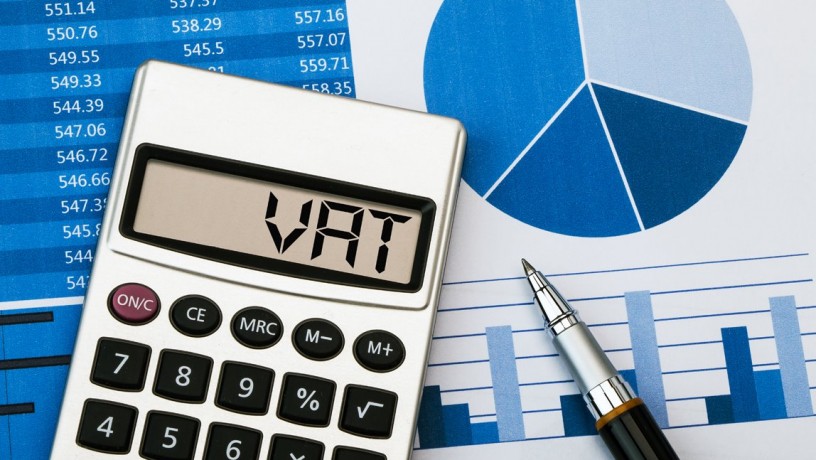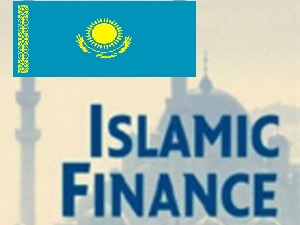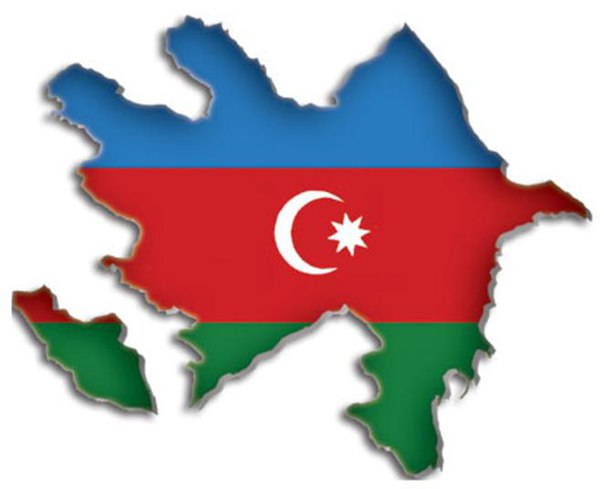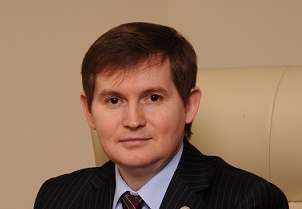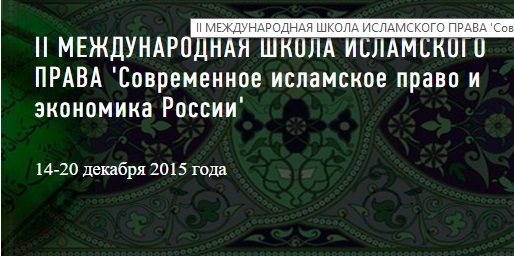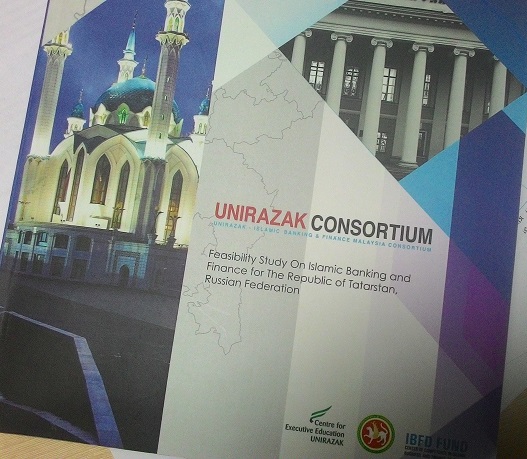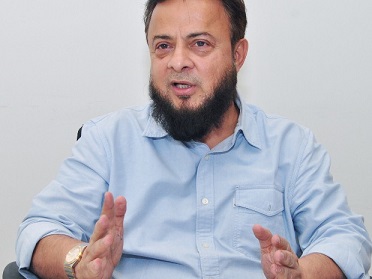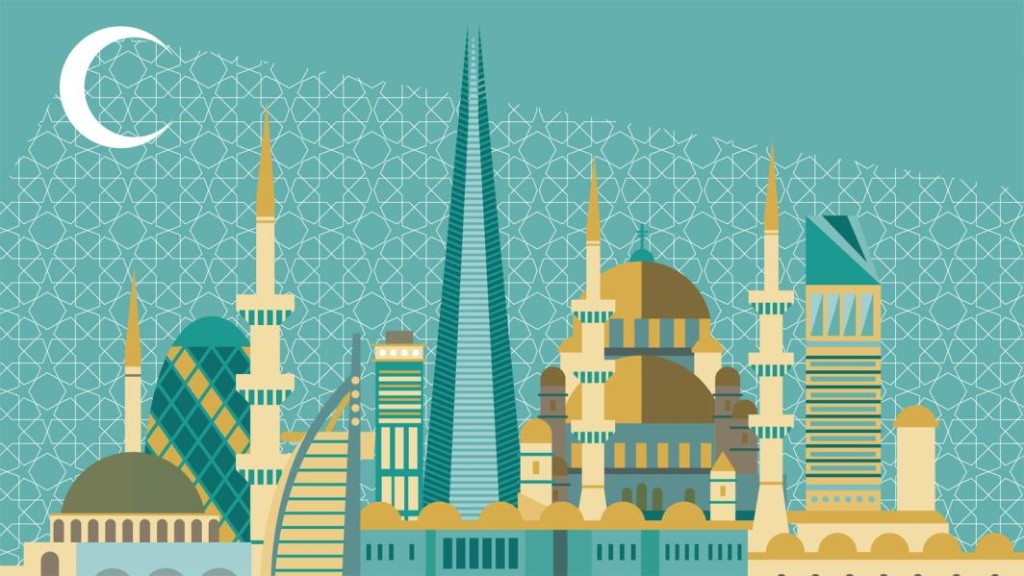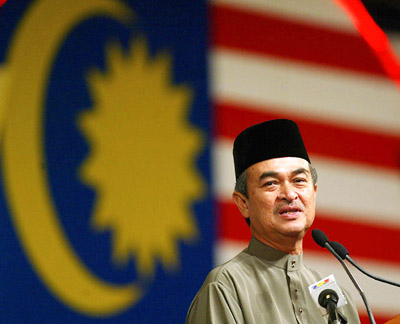Homepage | About us |
Advertise | Partners |
 Contacts | Contacts |
 Русский Русский
|
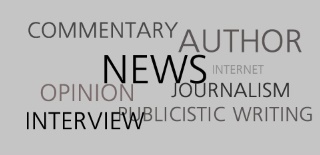 |
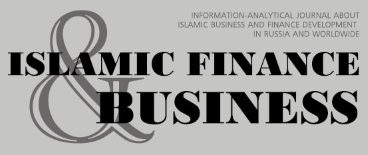 |
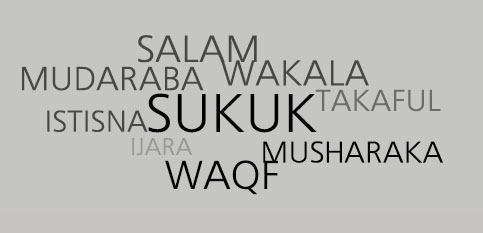 |
Latest News
Recent Comments
|
Alexander Torshin: I believe there will be a breakthrough in the relationship between Russia and the Islamic world05.05.2010Is there any economic component in the political relationship between Russia and the Islamic world? Which part will the Russia-Islamic world Strategic Vision Group play in it? These issues were discussed with Alexander Torshin, first deputy chairman of the Federation Council of the Russian Federation. Together with Yunus-Bek Yevkurov, President of the Republic of Ingushetia, he headed the delegation of the fifth Global Forum “Russia and the Islamic World”, in Kuwait, on December 21-23, 2009.
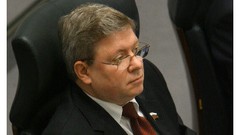
Is there any economic component in the political relationship between Russia and the Islamic world? Which part will the Russia-Islamic world Strategic Vision Group play in it? These issues were discussed with Alexander Torshin, first deputy chairman of the Federation Council of the Russian Federation. Together with Yunus-Bek Yevkurov, President of the Republic of Ingushetia, he headed the delegation of the fifth Global Forum “Russia and the Islamic World”, in Kuwait, on December 21-23, 2009.
- Mr. Torshin, the Strategic Vision Group is subjected to criticism, especially from its foreign members. Do you think this group is effective? - I do not want to make any pessimistic predictions about the future of this relationship. No fuss is possible in the dialogue of nations. We establish new relations, find new contacts and organize new trips, though not as quickly as we would love to. Yes, the world financial crisis influenced a lot, but I am sure there will be a breakthrough. The development of the Russian Federation and the growth of the Islamic sector in Russia will certainly lead to qualitative changes. Nowadays we can notice that many interesting Islamic politicians appear in Russia (I mean, Russian politics who practice Islam). It is also interesting to keep track of the development of the North Caucasus. There are great possibilities to invest and to participate intensively in the culture exchange here. It is the reason why such countries as Kuwait pay special attention to the republics of the North Caucasus. The Islamic ummah really grows, and it should better expand qualitatively than quantitatively. The measured and steady development will be beneficial not only for Russia, but also for those countries which participate in the dialogue. - What do you think of the suggestion to become a co-chairman of the group? - To tell the truth it was quite logical, because in the Federal Council I am responsible for all religious interactions. And we have not used all the potential in this sphere yet. We have already established the United Commission for National Politics and Religious Cooperation. It has an elegant work scheme: the chairman of the Federal Council heads it; he has four deputies, who are responsible for four main traditional confessions. Russia is a unique country, it is a home to 180 nationalities and 62 (or even more) confessions, and we have never had any murderous religious conflicts. It is our competitive advantage, I believe. We should continue working in this direction; there are a lot of possibilities. Yevgeny Maksimovich Primakov started this work. And I think our only problem is that anyone looks “tiny” next to Mr. Primakov. He is highly esteemed, and no young politician (to say nothing of me) has enough time to win such authority. That is why we should compensate this vacuum by doing something else, e.g. intensity of our work, establishing more contracts, etc. We have set up the Commission on Regional Policies. It will help us to move away from the federal level and work with Russian regions, in order to achieve particular results. We have two documents on the approval now. They are related to the Islamic banking and Islamic insurance. To tell the truth, we still believe in stereotypes. Three years ago we tried to establish an Islamic bank. By the way, bankers from Kuwait were interested in the project. But the idea was “frozen”: no refusal, but no support either. One statement seemed really strange to me: Islamic banks are sponsoring terrorists. That was a great discovery! I have been dealing with anti-terrorism security for ten years already. That is why I know for sure that banks are not to blame. Otherwise, financing is too risky, first of all – for terrorists themselves. Why do they need fingerprints?! Terrorists use other “channels” to get their funds – through “black money” procedures or in bags across a border. What do we see today: The crisis was quite imperceptible for Islamic banking system, as it is based on other principles. It turned out to be stable and viable. Islamic insurance seems also attractive to me. There are about 20 millions of Muslims in Russia; it means that Islamic banking products will be on demand. But what I don’t want to do is to be engaged in Islamic banking for the sake of Islamic banking only. “There are four of them in London, why don’t we have one in Moscow?” No, that is not my point. Islamic banking means long-term money first of all, the concern of our President and our Prime Minister. We are members of the Organization of the Islamic Conference”, but we still do not have any access to the Islamic Development Bank. Why? We just do not have necessary instruments – that is the answer. But we can find them. The only thing we should do is to revise Russian banking legislation a little. We should not reject the instruments which bring alternatives to citizens. Democracy is a choice, first of all. If we get alternatives, our profits and benefits will be real then! - It is the first time when such a dignified delegation from the North Caucasus visits the meeting. What do you think about future cooperation of this very region with the Islamic World? - All the directions of the cooperation are promising. I even dare to say that we can develop nanotechnology: investments in oil processing, building construction, transportation and logistics and assembling industry. However, I don’t want to overestimate these projects. They are functioning. And the main thing is that they develop the culture of industry and technology here, in the North Caucasus. When I was in Kuwait, I was wondering why we in Russia do not have such industrial patterns. People are the same, our climate conditions are similar, but not everything is goes smooth in Russia. We need culture: banking culture, building culture, or this Islamic culture. And we have the rest, even such things which are absent in the Islamic world, e.g. timber which is important for the building construction. They don’t have it, but we have it in Russia as much as one likes. There is no glass-manufacturing plant in Kuwait. But we have millions of tons of this glass-making sand. Oil is not eternal. When we are out of oil, we will still have bitumen and peat. These are the things we should think about. We must organize more student exchange programs in order to train our specialists abroad. We have already discussed all these questions, and now we should concentrate on particular activities and control everything. Ludmila Zhukovskaya Islamic-Finance.ru based on materials of IslamRF Latest News |
Editor's ColumnAnalytics
News in RSS format |
| © IBFD Fund, 2009-2026. Developed by Linova-MEDIA. Хостинг от uCoz. Design by WebRT |

